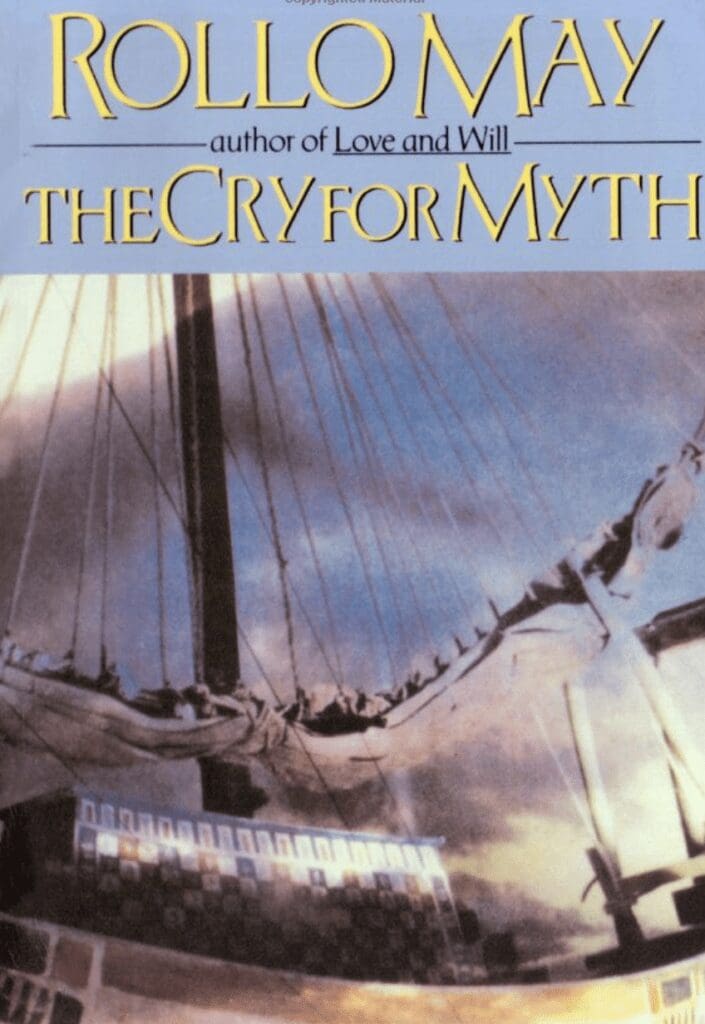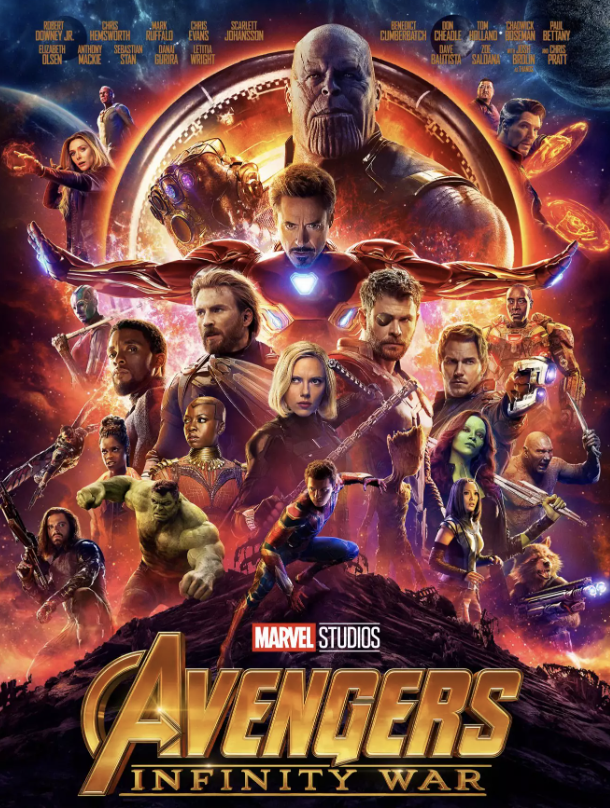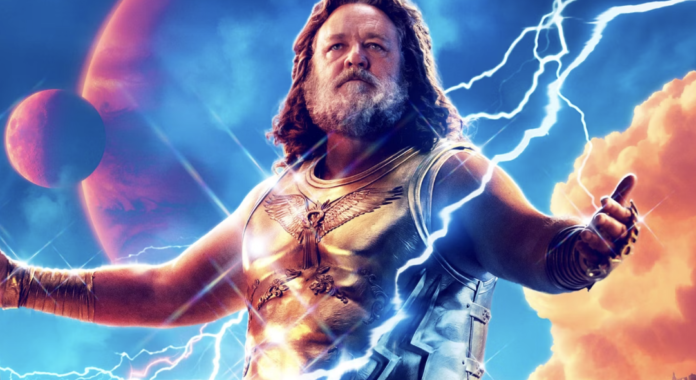Share this
Throughout history, mythology has served a crucial role in human societies, attempting to explain the mysteries of the world and providing a framework for understanding our existence. These ancient tales contextualized the origins of our world and sought to uncover the meaning behind our presence.
But as time progresses and society evolves, a new force has emerged that fulfills a similar purpose: pop culture.
Pop Culture Shaping the Fabric of Communities
In many ways, the way we perceive the role of myths in the past today is how we will perceive pop culture in the future. Pop culture, with its immense reach and influence, is playing a transformative role in our society, shaping behavior, beliefs, and the very fabric of our communities.
This article explores how the latter is assuming the role for our society that myths once played for our ancestors. By examining the impact of pop culture on our behavior and values, we gain valuable insights into the current state of our society and its direction.
In his book “The Cry for Myth,” psychologist Rollo May argued that the absence of the great ancient myths in our modern day society has contributed to the prevalence of violence, highlighting the importance of myths in guiding and inspiring individuals.

While May’s argument can and should be debated and challenged, it is evident that myths serve the role of guides for being responsible members of society. However, the perception that myths only belong to ancient, mystical cultures undermines the relevance of modern myths present in today’s pop culture.
Let’s explore the notion that our contemporary pop culture landscape is our new mythology, and that it shapes our understanding of global citizenship. In the ancient world one would have a shaman or wise-person to interpret the myths for the people. Today, in an era where wisdom has become democratized, the ability to interpret our myths is no longer the purview of an elite few. Any consumer of media has the ability to be an intelligent discerner of our mythical pop culture landscape.
Finding Our Myths in Pop Culture:
In today’s media-rich environment, the abundance of TV shows, movies, and video games allows everyone to discover their own personal myth. Some of these myths present characters and situations worthy of emulation, while others serve as negative object lessons, showing us what not to be.

However, it is essential to acknowledge that myths, whether ancient or modern, require interpretation and critical analysis. Not all myths are created equal, and they do not always offer a healthy understanding of the world at face value.
Developing the Tools of Interpretation:
There is a teaching about four types of learners: the sponge, the funnel, the strainer, and the sieve. The sponge soaks up everything; the funnel takes in at one end and lets out at the other; the strainer lets out the wine and retains the lees; the sieve lets out the coarse meal and retains the choice flour.
This teaching is useful in our approach to media. The issue is not the media itself, be it “The Bachelor”, “Downton Abbey”, the MCU or “Star Wars”, but rather our lack of tools to consume it effectively.
Instead of focusing solely on the media itself, our ability to consume it effectively lies in our interpretation skills.
We must develop the tools to filter the messages conveyed by the myths we encounter. This calls for discernment and a conscious effort to determine the positive and negative object lessons within the narratives we consume.
Being Intentional Consumers:
Intentionality is key when engaging with media. While it is perfectly understandable and acceptable to mindlessly consume content at times, we should also take the opportunity to evaluate what we watch and why.
Reflecting on the messages being conveyed, identifying the underlying themes, and assessing their alignment with our values are crucial steps. By actively participating in the mythology of our time, we can shape our collective understanding of what it means to be citizens of the world.
Expanding Our Worldview:
To fully benefit from our modern pop culture mythology, we must allow the media we consume to challenge and broaden our worldview. We should actively seek out stories that offer diverse perspectives, allowing us to encounter and appreciate different beliefs and experiences. Engaging in conversations with others about the media we consume facilitates learning and the exchange of ideas, enriching our understanding of the myths that shape our society.
Conclusion:
Pop culture has become the new mythology of our time, providing us with contemporary narratives that resonate with our day and age. While traditional myths still hold value, they may not directly address the challenges and aspirations of our modern world like Star Wars or superhero stories do.
However, it is crucial that we rediscover and hone our ability to interpret these modern myths effectively. By being intentional consumers, developing critical analysis skills, and engaging in meaningful conversations, we actively shape our reality through the myths we tell and consume, fostering a more enlightened and conscious society.

